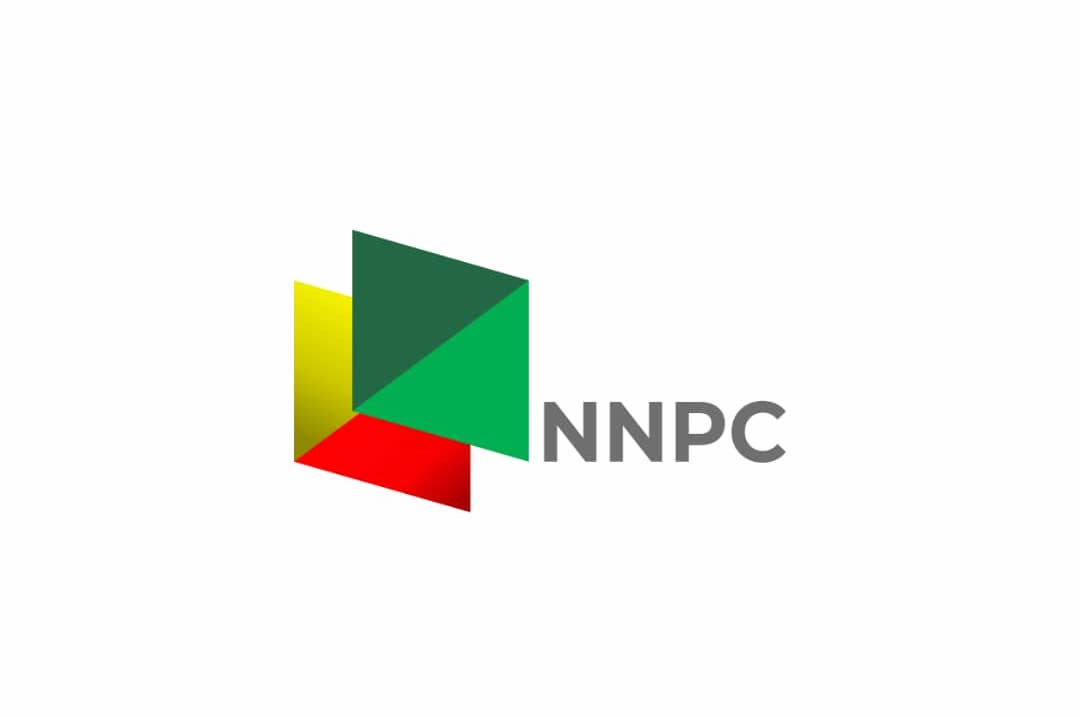Funmi Ogundare
Airtel Africa Foundation, the philanthropic arm of Airtel Africa plc, has announced its plan to directly improve the lives of 10 million people across the continent by 2030 through initiatives focused on education financial empowerment, environmental protection, and digital inclusion.
Speaking with journalists recently in Lagos, the Chairman of the foundation, Dr. Segun Ogunsanya, who unveiled the strategy, said the vision is to transform Africa by building talent, fostering innovation, and ensuring that no one is left behind in the global digital revolution.
“We are not just donating resources, we are building a pipeline of talent and fostering innovation to ensure that the global digital revolution leaves no African behind. This is a strategic, measurable commitment to unlocking the continent’s demographic dividend,” he said.
The foundation plans to execute its mission through targeted programmes such as Connecting Schools, which provides free connectivity and devices, and the Airtel Africa Fellowship, offering full scholarships in tech and STEM fields along with mentorship and internship opportunities.
One of its early successes is its ongoing partnership with UNICEF, which has already connected more than 1,800 schools, reached over one million students, and trained more than 17,000 teachers in digital education across 14 African countries.
Chief Executive Officer of Airtel Africa, Sunil Taldar, underscored the company’s commitment to sustainable development, saying that business growth must go hand-in-hand with community impact. “We cannot thrive in a place that is not thriving. This understanding is the very reason the Airtel Africa Foundation was born. It is our vehicle to catalyse transformation, by systematically investing in the pillars that underpin a resilient and dynamic society,” he said.
The foundation will also expand its Employee Volunteer Programme (EVP) harnessing staff skills and passion to drive community initiatives. For the 2025/26 financial year, it has set expansion targets to activate programmes in all its operating countries, including Nigeria, Zambia, Malawi, Rwanda, and the Democratic Republic of the Congo.

